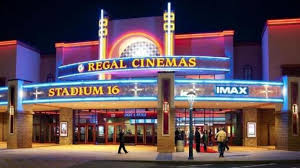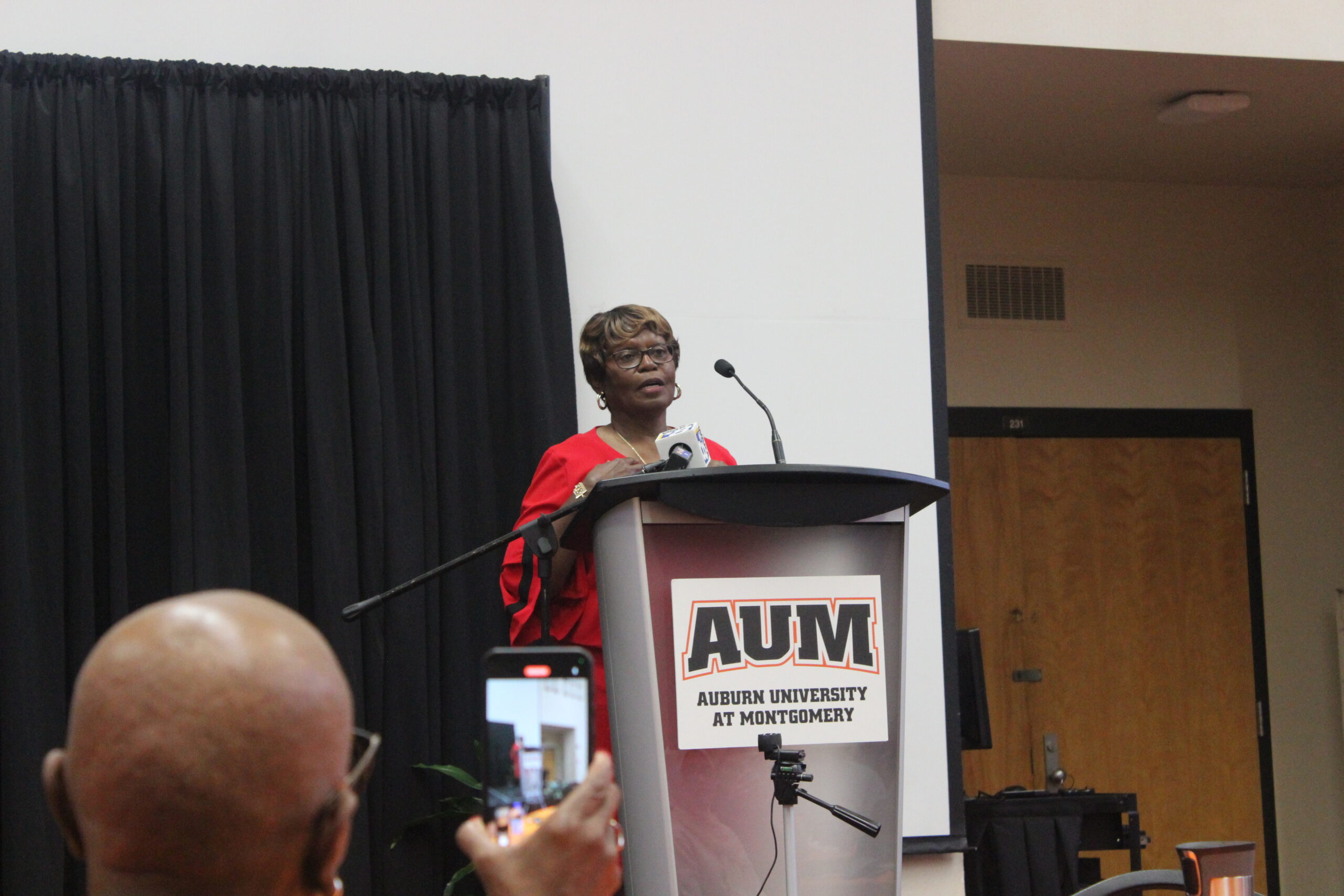BY: Evan Justice
Despite some cites loosening their COVID-19 restrictions, many movie theaters are still struggling to stay open.

Recently, Regal Cinemas announced that it would shut down more than 7,000 movie screens across its 536 locations in the United States due to financial concerns. Despite being the second-largest film distributor in the United States, Regal was forced to close its doors for the second time less than two months after reopening. The move to reclose came after it was announced that the next installment in the James Bond franchise, entitled No Time to Die, would be delayed until 2021. Regal Cinemas’ UK-based parent company, Cineworld, was also forced to close more than 100 theaters.
Almost 40,000 employees in the US and more than 5,000 employees in the UK are now facing a work furlough due to this decision. While the largest US movie theater chain, AMC Theatres, will not be closing their doors, time doesn’t appear to be on their side.
While over 80 percent of AMC’s movie theaters are open to the public, the value of their stock plummeted 44 percent this year. This is in part due to the company’s theater attendance dropping 85 percent. Also, AMC recently announced that due to a lack of ticket sales, the company may run out of money by early 2021. Financial records show that AMC lost over $2.7 billion in the first six months of 2020 due to the COVID-19 pandemic.
This reality has forced AMC to get creative with how they make a profit. AMC’s recent strategy to entice people to come to their theaters is by allowing their customers to rent an auditorium at one of their theaters for 20 people or less. This new movie-going experience would allow customers to have private viewings of one or more of thirty-four films available for screening. Options include kid-friendly films, Halloween-themed films, and classic films. Most of the older releases are $99, while newer films start at $149.
Guests who decide to rent an auditorium for one of these private viewings must follow AMC’s COVID-19 guidelines, which include wearing masks during screenings. Cleaning crews will also be required to follow COVID-19 guidelines by arming themselves with electrostatic disinfectant sprayers and HEPA-filter vacuums.




